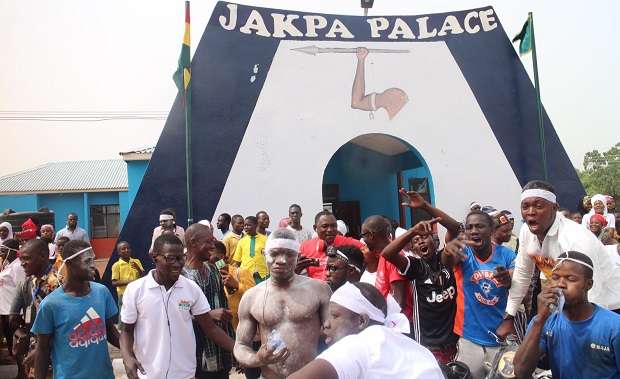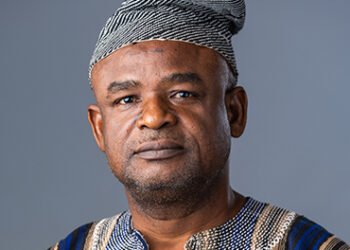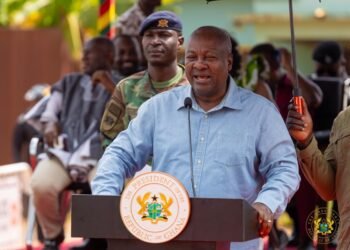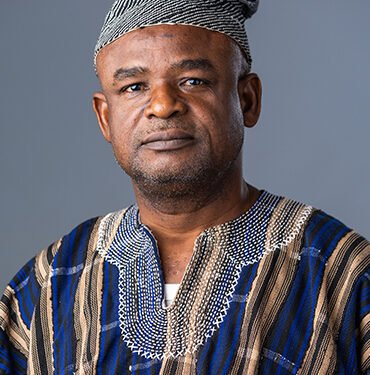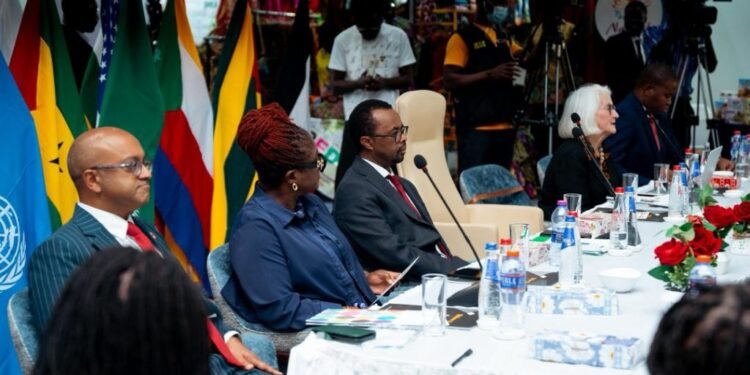Damango; the capital of the Savannah region has been rattled by violence and gun battles. The running armed clashes were ended by the swift deployment of a combined team of police and military personnel by the regional administrative authority through the police command.
The ensuing clashes shattered the relative peace of the town and left about two people injured. They are reported to be receiving medical care at Saint Ann Hospital in the regional capital. Despite an existing 8-year Chieftaincy dispute, violent clashes of these sorts are a rare occurrence.
This incident has broken the peace and created a tense atmosphere. Following the clashes, police authorities are taking nothing for granted in the region. They have beefed up their deployments and increased the number of patrols to match the challenge and threat perception based on their existing rules of engagement.
To forestall further attacks and reprisals, some military personnel have been deployed along with special police units to augment and complement the strength and work of their men on the ground.
The Contenders
Damongo Skin has been in contention for 8 years now. The current occupant, Chief Yakubu Imoro was enskinned in 2016, but his legitimacy was contested by a rival claimant, Chief Seidu Kelly. Police service has placed the rivals under its protection and assigned personnel to guard their palaces.
Reports suggest that investigations are ongoing, but no arrests have been made so far. The number of injured people previously given as two, has been confirmed by the police but until the investigation is completed and released, it would be difficult to know the immediate cause of the clashes.
Fears and Concerns
The resurgence of violent clashes in Damongo, the regional capital, has caused some fear and panic across the region. The majority don’t want the imposition of curfews or any form of restriction due to their negative impact on lives and businesses.
A potential escalation of the clashes and dispute could further erode peace in the northern part of Ghana. Moreover, that part of the country has a few other unresolved chieftaincy disputes all over its length and breadth. Some have proven intractable, and a most notable example of such cases is the Bawku chieftaincy dispute.
Bawku’s chieftaincy brouhaha has outlived several governments, both military and civilian, and every attempt to end it meets a dead end. Dagbon’s dispute would have entered the list as well, but it recently got solved. This shows that given the will and needed courage, these chieftaincy disputes can be peacefully brought to finality.
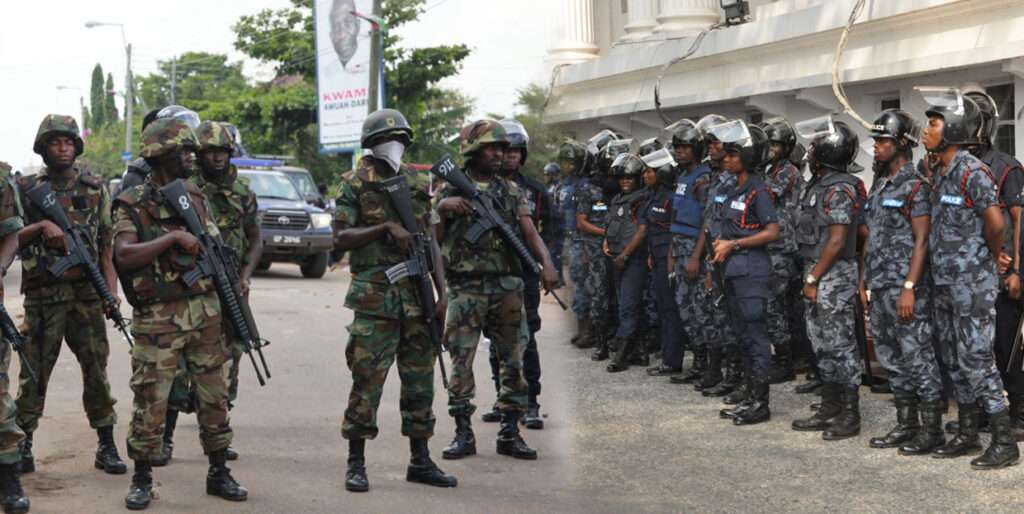
Prying Terrorist threat
Several reports commissioned by the Economic Community of West African States (ECOWAS), the United Nations (UN) as well, and some local and international Civil Society Organizations (CSOs) show that West Africa is awash with small arms. With a deteriorating security situation spread far and wide across the region, the prospect of these weapons entering Ghana through any of its porous borders unsettles the government.
The swiftness with which security personnel were deployed shows some urgency and it is commendable, but it remains to be seen what other actions the government might want to take.
The looming election
In as much as occurrences like these are very unfortunate and probably not wished for, in an election year, they become potent political issues. Actions and inactions of those saddled with responsibilities and authority to act are reviewed, discussed, and even debated.
Going into the election in 2020, the police identified about 884 flashpoints in the Northern region. Those are polling stations where the outbreak of violence is often recorded before, during, or after elections based on tribal, land litigation, cultural, or political activities.
Arguably, chieftaincy cannot be excluded. According to the police, the number given above was a doubling of the figure from 2016 which stood at 440. With both leading contenders hailing from the northern part of the country, the stake cannot be higher.
Read More: Refugee influx Raises Fear in Ghana

